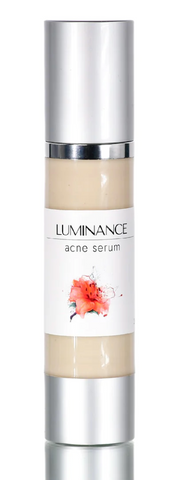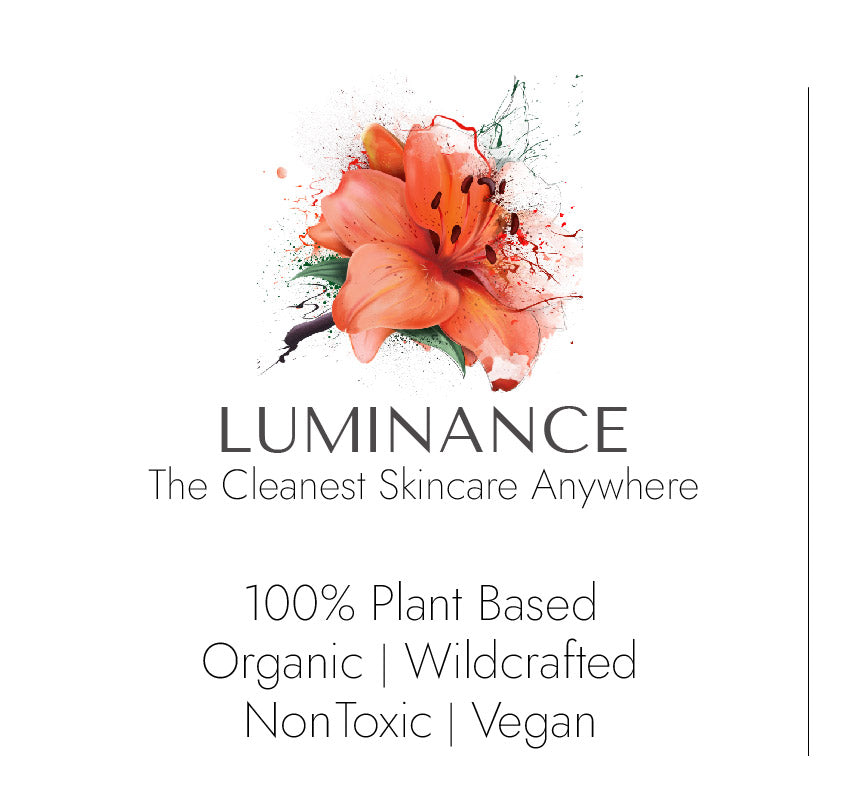The Compounds In Tea Tree Essential Oil Work Synergistically To Provide Antibacterial Protection For Your Skin.

Terpinen-4-ol, the predominant compound, targets harmful bacteria and fungi, promoting clear and healthy skin. Other compounds, such as cineole, alpha-terpineol, and gamma-terpinene, complement terpinen-4-ol's effects by reducing inflammation, soothing irritation, and preventing bacterial proliferation. The combination of alpha-pinene, beta-pinene, and limonene contributes to cleansing the skin's surface and combating excess oil.
Moreover, the antioxidant properties of terpinolene and sabinene help protect the skin from environmental stressors and premature aging. Myrcene enhances the absorption of these beneficial compounds, ensuring their effectiveness. Linalool provides a calming touch, enhancing the oil's overall soothing properties.
Tea tree essential oil, derived from the leaves of the Melaleuca alternifolia plant, is renowned for its potent antibacterial and antiseptic properties. It has been widely used in skincare for its ability to address various skin concerns. Tea tree oil contains a variety of compounds that contribute to its antibacterial efficacy and overall benefits for human skin. Let's analyze its potential benefits by categorizing the compounds and discussing their effects on the skin:
1. Terpinen-4-ol:
- Benefit: Terpinen-4-ol is the primary active compound in tea tree oil, responsible for its potent antibacterial and antifungal properties. It effectively targets bacteria that can cause acne, infections, and other skin issues.
2. Cineole (Eucalyptol):
- Benefit: Cineole exhibits antiseptic and anti-inflammatory properties. It contributes to reducing inflammation and irritation while promoting wound healing.
3. Alpha-Terpineol:
- Benefit: Alpha-terpineol has soothing and antimicrobial properties. It aids in calming irritated skin and supports the prevention of bacterial growth.
4. Gamma-Terpinene:
- Benefit: Gamma-terpinene enhances the oil's antimicrobial effects and contributes to its pleasant aroma. It supports overall skin health by targeting harmful microorganisms.
5. Terpinolene:
- Benefit: Terpinolene has antioxidant properties that help protect the skin from oxidative stress and environmental damage. It complements the oil's overall skin-rejuvenating effects.
6. Alpha-Pinene and Beta-Pinene:
- Benefit: These compounds offer anti-inflammatory and antimicrobial properties. They can help reduce redness and swelling while aiding in the fight against bacteria.
7. Limonene:
- Benefit: Limonene contributes to the oil's cleansing properties. It can help dissolve excess oil, dirt, and impurities on the skin's surface.
8. Myrcene:
- Benefit: Myrcene has anti-inflammatory properties and aids in enhancing the absorption of other beneficial compounds into the skin.
9. Linalool:
- Benefit: Linalool offers soothing and calming properties. It can help alleviate skin irritation and promote relaxation.
10. Sabinene:
- Benefit: Sabinene exhibits antiseptic and antioxidant effects, contributing to the overall protection and health of the skin.
In summary, tea tree essential oil's diverse compounds work harmoniously to offer powerful antibacterial and antiseptic effects. They target bacteria, soothe irritation, reduce inflammation, and protect the skin. This holistic approach makes tea tree oil a valuable addition to skincare routines, especially for those dealing with acne, infections, and other skin concerns. As with any essential oil, it's important to use tea tree oil in proper dilution and patch test before regular use to ensure compatibility with your skin.



